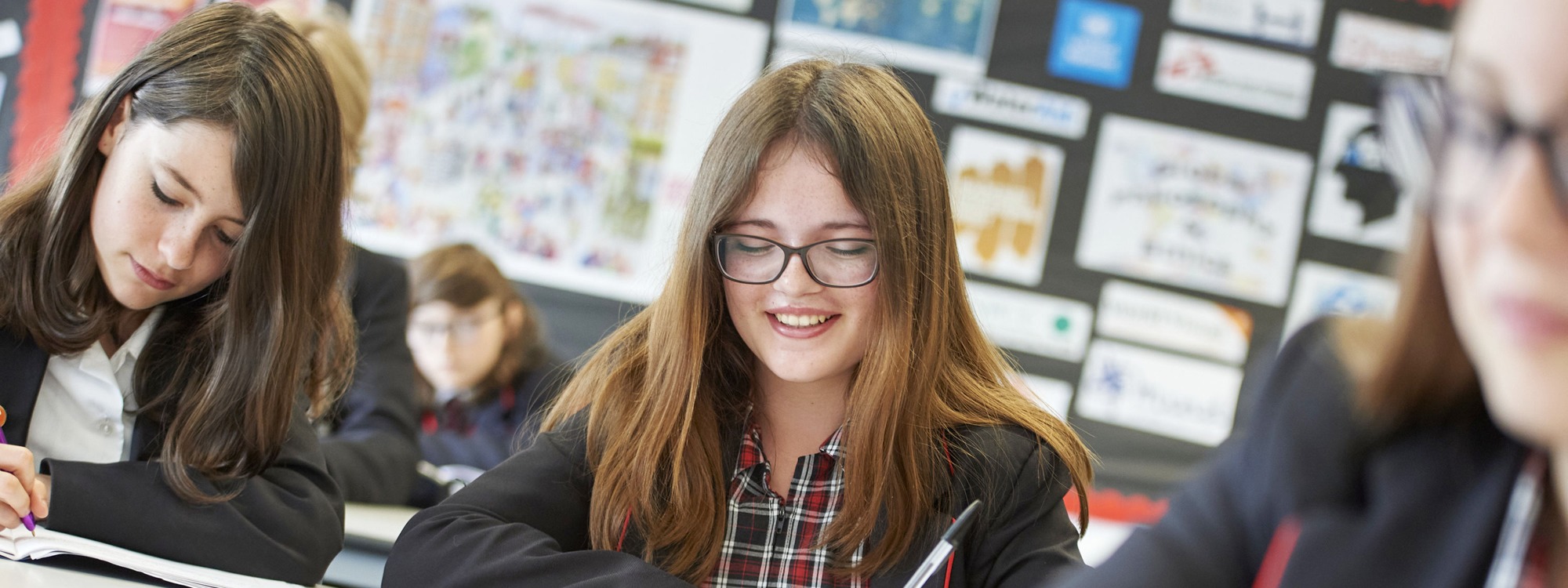Religious Studies
What is the intent of the Religious Studies Curriculum?
Through the study of Religious Studies we aim to develop our students’ knowledge, skills and attitudes in line with the IB learner profile, which aims to develop learners as inquirers, knowledgeable, thinkers, communicators, principled, open-minded, risk-takers, reflective and balanced individuals.
Religious Studies is taught as one of the Humanities subjects. Michelle Obama said of the Humanities:
“The arts and humanities define who we are as a people. That is their power -- to remind us of what we each have to offer, and what we all have in common. To help us understand our history and imagine our future. To give us hope in the moments of struggle and to bring us together when nothing else will.”
The aim of Religious Studies is to inform and challenge beliefs and practices. It aims to open student’s minds to the endless possibilities and wonders of this world that we live in whilst acknowledging our place in the wider universe. We teach Religious Studies in KS3 and as a GCSE option in KS4. Across the curriculums and specifications, we focus on skills acquisition including research, comparison, critical thinking, analysis and evaluation. Students will need to be open minded to learning new knowledge and be prepared to think in terms of learning about religion and learning from religion.
Co-curricular and Enrichment opportunities
- Trips to places of worship
- Co-curricular projects
- Participation in Art Competitions
- Trips with History to Krakow, Poland including visits to Auschwitz and the Oscar Schindler Museum
Years 7, 8 & 9
IB MYP Religious Studies
Religious Studies stimulates thinking and challenges perceptions whilst developing reflective and analytical skills. Involvement in Religious Studies encourages students to think for themselves and think about belief in the context of our history, development of ideas, opposing philosophies and an understanding of the wider world or global context. Religious Studies challenges and enriches personal identity and builds awareness of the self and others in a real-world context. MYP Global contexts that are explored through the study of Religious Studies include identities and relationships, personal and cultural expression and fairness and development.
Years 7, 8 & 9
KS3 students start Year 7 with an introduction to the six major world religions. They begin to be challenged from the first lesson where we question how we can know anything and whether everything is actually as it seems. Misconceptions are addressed and the meaning of faith, belief and truth are explored. The structure of the Religious Studies curriculum helps students learn how to learn, by allowing them to develop and apply religious, non-religious thinking, research, communication, and self-management skills. Humanism is studied alongside the world religions allowing comparison and critical thinking regarding the nature of knowledge. Challenges to religion including Islamophobia, Homophobia and anti-Semitism are also explored. We also take a look at beginnings and endings comparing creation stories with scientific theories. All of these issues allow students to think, evaluate the arguments and come to their own decisions regarding their own thinking. These key skills of analysis, evaluation and presenting an argument that is thought out, balanced, and reasoned will put them in good stead for many subjects in other parts of the curriculum. In Years 7- 9, students are assessed against the following criterion; Criterion A: Knowing and understanding; Criterion B: Investigating; Criterion C: Communicating and Criterion D: Thinking critically.
Years 10 & 11
Course Title: Religious Studies A (8062)
Exam Board: AQA
Qualification: GCSE
About the course
The GCSE covers two of the major world religions (Christianity and Islam), and four contemporary ethical themes.
Students will be challenged with questions about belief, values, meaning, purpose and truth, enabling them to develop their own attitudes towards religious issues.
Students will also gain an appreciation of how religion, philosophy and ethics form the basis of our culture. They will develop analytical and critical thinking skills, the ability to work with abstract ideas, leadership, and research skills. All these skills will help prepare them for further study
How it is assessed
Component 1: The study of religions, Christianity & Islam: beliefs, teachings and practices
Component 2: Thematic Studies – there are six and we choose four of these. Religious, philosophical, and ethical studies of the following four areas:
- Theme A: Relationships and families.
- Theme B: Religion and life.
- Theme D: Religion, peace and conflict.
- Theme E: Religion, crime and punishment.
Each component is assessed by written exam of 1 hour 45 minutes each.
For further information, please see here.







